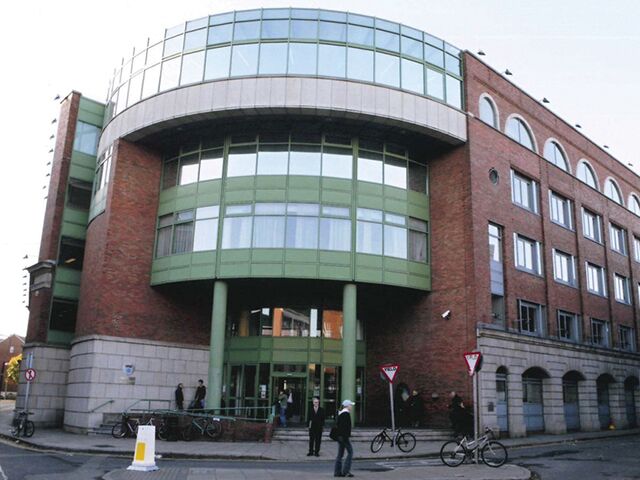
[dropcap]There[/dropcap] has been a drop in the number of non-Irish nationalities living in Ireland in recent years.
According to a report by the Central Statistics Office (CSO), the number of non-Irish nationals has diminished from 544,357 in 2011 to 535,475 in 2016.
The reason for this may be a result of improving economies in Eastern European countries, according to Lithuanian citizen and DCU third-year student Gabija Gataveckaite.
“In my opinion, the number of other nationalities significantly rose in Ireland during the recession. That’s how myself and my family found ourselves here, deprived of job opportunities in Eastern Europe,” she explained.
“Now that the recession is over, I see many people going back, having saved up a bit of money, now that things have improved back home,” she added.
For Scottish national Graham Ritchie, the end of the Celtic Tiger goes a long way to explaining why foreign nationals may not want to move to Ireland.
“The attraction is gone and obviously that’s because the Celtic Tiger is away and no one’s a millionaire anymore, so it’s on par with most other countries and people need a great opportunistic reason to leave behind everyone they loved and knew for a new life.”
The lack of affordable renting could be a major obstacle for many non-nationals who may be considering a move to Ireland.
Of the 10 nationalities profiled in the CSO report, renting was more common than home ownership for all but one nationality. UK nationals were the exception, with 62 per cent owning homes.
US native and DCU international student Katie Mueda explained a major obstacle in the way for foreign students looking to study in Ireland.
“The cost of international tuition is increasing each year (at least at DCU) – my tuition has been raised by 12.5 per cent each year for the last three years,” she said.
The 1.6 per cent drop in non-nationals does not take into account the 100,000 people who were granted Irish citizenship in the time between the census in 2011 and 2016.
Eoin Harte
Image Credit: Shuttershock



